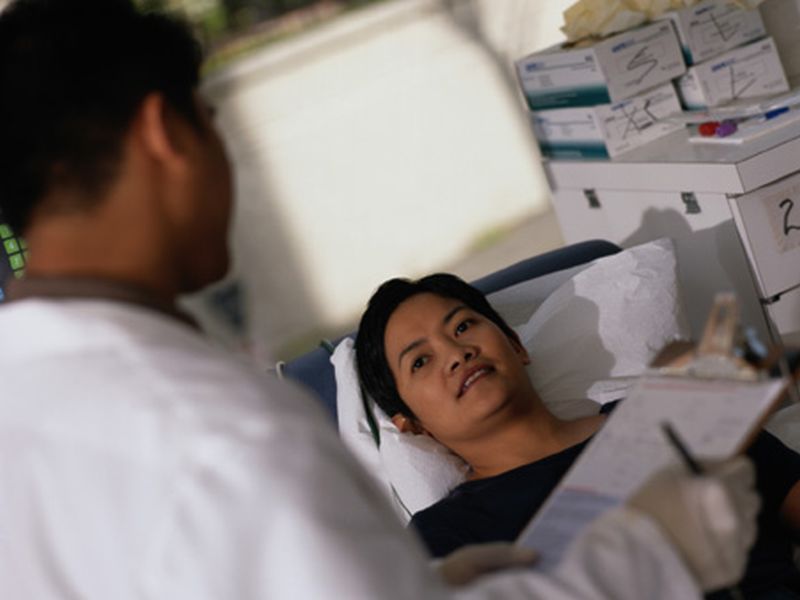
Far more patients than expected are willing to reveal their sexual orientation when they visit the emergency room, a new study finds.
The U.S. Department of Health and Human Services and National Academy of Medicine recommend routine collection of sexual orientation information in health care settings. In 2015, the U.S. Centers for Medicare and Medicaid Services ordered electronic health record companies to allow for it.
But few hospitals routinely collect that information, no clear guidelines say how it should done, and many have warned that patients would resist.
The new study underscores deep differences in how health care providers and patients view the issue. Nearly 8 out of 10 providers surveyed nationwide thought patients would decline to reveal their sexual orientation. Just over 10 percent of patients said they would refuse.
The study was published online April 24 in the journal JAMA Internal Medicine.
“This is important information that patients feel is relevant to their health, and in most cases, they want and expect their health care providers to ask them about it,” said study first author Dr. Adil Haider.
He directs the Center for Surgery and Public Health at Brigham and Women’s Hospital in Boston.
Patients say asking everybody seeking care about their sexual orientation creates a sense of normalcy, Haider said in a hospital news release. It also signals that everyone is equally welcome, including “the 3 to 10 percent of Americans who identify as lesbian, gay or bisexual,” he added.
Study senior author Brandyn Lau sees the information as a way to close health care gaps.
“In order to identify and address health disparities among LGB populations, we must implement a standardized, patient-centered approach for routine collection of SO [sexual orientation] data on a broader, national scale,” Lau said in the news release. He is an assistant professor of surgery and health sciences informatics at Johns Hopkins University School of Medicine.
“These findings affirm the need for collection, are critical to informing how best to collect SO information, and may also be useful in the development of guidelines and policies at the provider level and beyond,” Lau added.
More information
The U.S. Centers for Disease Control and Prevention has more on LGBT health.
Source: HealthDay

Leave a Reply